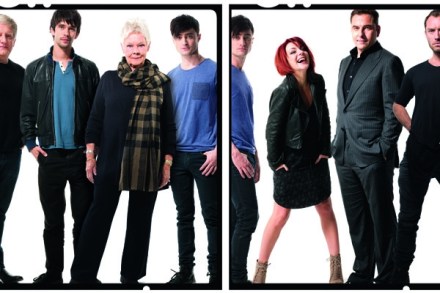Field Marks
The bulk of what I retain I learnt through him, from that trek to Flanders Moss in the hope of seeing a grey shrike on a blackened tree-fork, to a pair of hen harriers whose upward glide made him beam with pleasure. His first ringing-trap dismantled (it attracted vermin), he designed and built one that bears his name on the Isle of May; while in the cottage we shared, coffee-mugs and cigarette-butts cleared, and like as not whisky glasses from chess the night before, he’d set up his carousel of colour-slides to display the field marks of various species — pointing out such features as eye-stripes and wing-bars, nesting habits













